Why Most Artists Stop Getting Better (But Some Don’t)
Published on November 27, 2023 by Noah Bradley
Most artists seem to achieve a certain level of skill and then stop progressing. This has always bothered me because it doesn’t feel like it would be necessary and yet it usually happens.
An artist’s plateau can be at just about any level. Some are pretty high and the artist can have a long and fulfilling career producing similar-ish work for the remainder of their working life. Others aren’t very high and they often feel stuck at a vaguely beginner level. The latter is perhaps a bit more unfortunate than the former, but I don’t think either is inevitable or entirely dependent on the person.
First off: I don’t think this has much to do with talent. I might be wrong but, if talent exists at all, I’d say it mostly has to do with the ability to learn art quickly, early on. There may be other factors that dictate the ceilings of art, but I don’t think those are built or born into us.
Growth is not comfortable. Improvement is uncomfortable. If you’re comfortable, you’re probably not improving. You’re just greasing the groove for your current skill level. That’s not necessarily a bad thing. But if it’s all you ever do, you’re unlikely to grow.
Complacency gets us all. At some point, it’s likely that you will grow complacent and settle into making art rather than learning art. It will probably happen after years of learning art and you will probably be exhausted by being uncomfortable all of the time. You just want to make art and I absolutely understand that.
Growth gets harder and harder the higher you climb. Take an adult that has never drawn before (childhood drawings don’t count) and give them 48 hours of drawing lessons and their progress will be amazing. They will be infinitely better than they were before. But 48 hours of practice after you’ve been drawing for decades? It’s a drop in the bucket. Both because of the cumulative hours they have amassed but also the increasing and different challenges faced by artists who are further along. Once you have attained technical competence, reaching for technical mastery can feel like a whole other beast. The road beyond mastery? What does that even look like? The higher you go, the harder the climb.
Society rewards stagnation. I’ve talked about it before in my other articles but society currently rewards artists who are consistent and recognizable. Growth is not immediately rewarded because growth is not a linear journey. We grow in leaps and missteps. We fail, often. Growth can change us, too, often coming from experimentation that may alienate the people who once loved our work. Further, time spent on learning and studying is time not spent on producing, which is what would probably most please the algorithms.
It’s ok to not be the best artist in the world. All of this is fine and you can ignore all of it. Stagnate to your heart’s content. God knows I have too, many times, and still am at a constant risk of doing so. There’s nothing wrong with producing work at any level if it makes you happy or it’s what you want to do. I am not suggesting that every artist needs to strive to be the greatest artist of all time. There are many reasons for making art and we all have our own goals and one is not better than the other.
But if you don’t want to plateau right now (or ever), here’s what you might do:
- Beware comfort. Always be learning.
- Experimentation balanced with depth. Go wide, explore everything, but also go deep, digging into specialties. Both have gold to be found.
- Listen to other opinions. At some point we presume to know better than our critics (and sometimes we do). But you can also find guidance in being told that what you’re doing could be better. Note: avoid taking praise too seriously.
- Accept mixed results from the algorithms. Choose to either not share your experimentation and studies online or to embrace the roller coaster that it will probably inspire.
- Identify always as a student, never a master. When we assume the mantle of “artist” then we must make “art.” But when we’re students? There’s no pressure at all. Complete freedom.
- Daily/weekly/monthly reminders. Look back over the work you made today, or in the last week, or in the last month. Did you push yourself? Did you try to learn new things? Or did you just settle at your current skill level? Be vicious with yourself.
